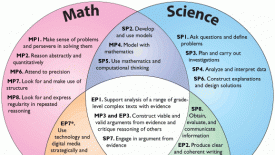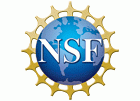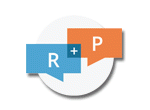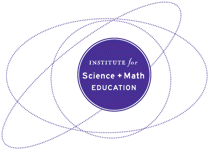What school building administrators should know about the new vision for K-12 science education

- Teachers should work with their peers and their administration to help develop a shared understanding of the new vision for science education.
- District Staff & PD Providers should help principals provide leadership in support of the new vision and see how to coordinate with other initiatives.
- School Leaders should learn how to recognize and support science and engineering learning as described in the new vision. They should advocate, encourage, and monitor progress towards realizing the vision.
What Is The Issue?
The new vision for K-12 science education described in the NRC Framework for K-12 Science Education and the Next Generation Science Standards (NGSS) is ambitious and exciting. It holds significant promise to support greater educational equity and learning in STEM. But given its new areas of emphasis for teaching and learning, it will be challenging to implement. Implementation should be done systematically and incrementally across several years. School building leaders play unique roles in resourcing and supporting teachers as they work to realize this new vision.
Authors:
BY PHILIP BELL - NOVEMBER 2015
Reflection Questions
- How diverse are all of the science classes at my school? Are students from different backgrounds equitably represented? Why or why not?
- Have you engaged your faculty and district staff in conversations about where to start implementation?
- Do you develop “horizontal” teacher communities within your building? How can you support meaningful PD?
- How can you financially resource this new vision of instruction?
Things to Consider
- What is new? There are a number of significant shifts called for with instruction (see this summary and this table for details). These shifts should guide where resources, supports, and monitoring are focused. Implementing the new vision for science education will be challenging. It should be done slowly and systematically.
- Three-Dimensional (3D) Science Learning: Students should routinely be engaged in interest-driven, sustained investigations of phenomena in which they engage in the practices of science and engineering to learn and apply disciplinary core ideas and connect to cross-cutting concepts. The practices are a major refinement of “inquiry” and different than the scientific method. Engineering design is also now integrated into science education across K-12.
- Tapping Into Synergies: There are significant overlaps to leverage between the new vision for K-12 science education and the approach taken with the Common Core State Standards (CCSS) in Math and ELA. Importantly, NGSS and CCSS practices overlap heavily, as shown in the sidebar below. This allows for an unprecedented degree of cross-subject teacher learning and sharing.
“Equity in science education requires that all students are provided with equitable opportunities to learn science and become engaged in science and engineering practices...”

Overlaps in NGSS & Common Core Practices
Important synergies exist between the standards.
Attending to Equity
The NGSS and NRC Framework outline science literacy goals for all students and call for equity to be at the forefront of any effort to improve science education. Students from all backgrounds should have a fair opportunity to participate in scientific learning experiences that are authentic, relevant, and engaging.
Recommended Actions You Can Take
- Messaging: Work with your faculty to develop a set of messages about the new vision to consistently share across networks at your school. For example: (a) Science learning will look different as students figure out how phenomena work, (b) Assessments will document different dimensions of student learning, (c) Students will regularly engage in engineering design that is related to science.
- Building-level Coherence: As a gatekeeper to building-level work, focus your choices to promote coherent and long-term capacity building in your staff. Focus PD on promoting the new vision.
- Resourcing: 3D science instruction is a resource-intensive venture because students are directly investigating phenomena. This typically involves disproportionate financial support for science.
- Walk-Throughs: Tune your eyes to recognize quality 3D science instruction. Engaging in the science and engineering practices is active and discourse-intensive. Silence is not engagement.
ALSO SEE STEM TEACHING TOOLS
STEM Teaching Tools content copyright 2014-22 UW Institute for Science + Math Education. All rights reserved.
This site is primarily funded by the National Science Foundation (NSF) through Award #1920249 (previously through Awards #1238253 and #1854059). Opinions expressed are not those of any funding agency.
Work is licensed under a Creative Commons Attribution-ShareAlike 4.0 Unported License. Others may adapt with attribution. Funded by the National Science Foundation (NSF). Opinions expressed are not those of any funding agency.


 Email Feedback
Email Feedback


